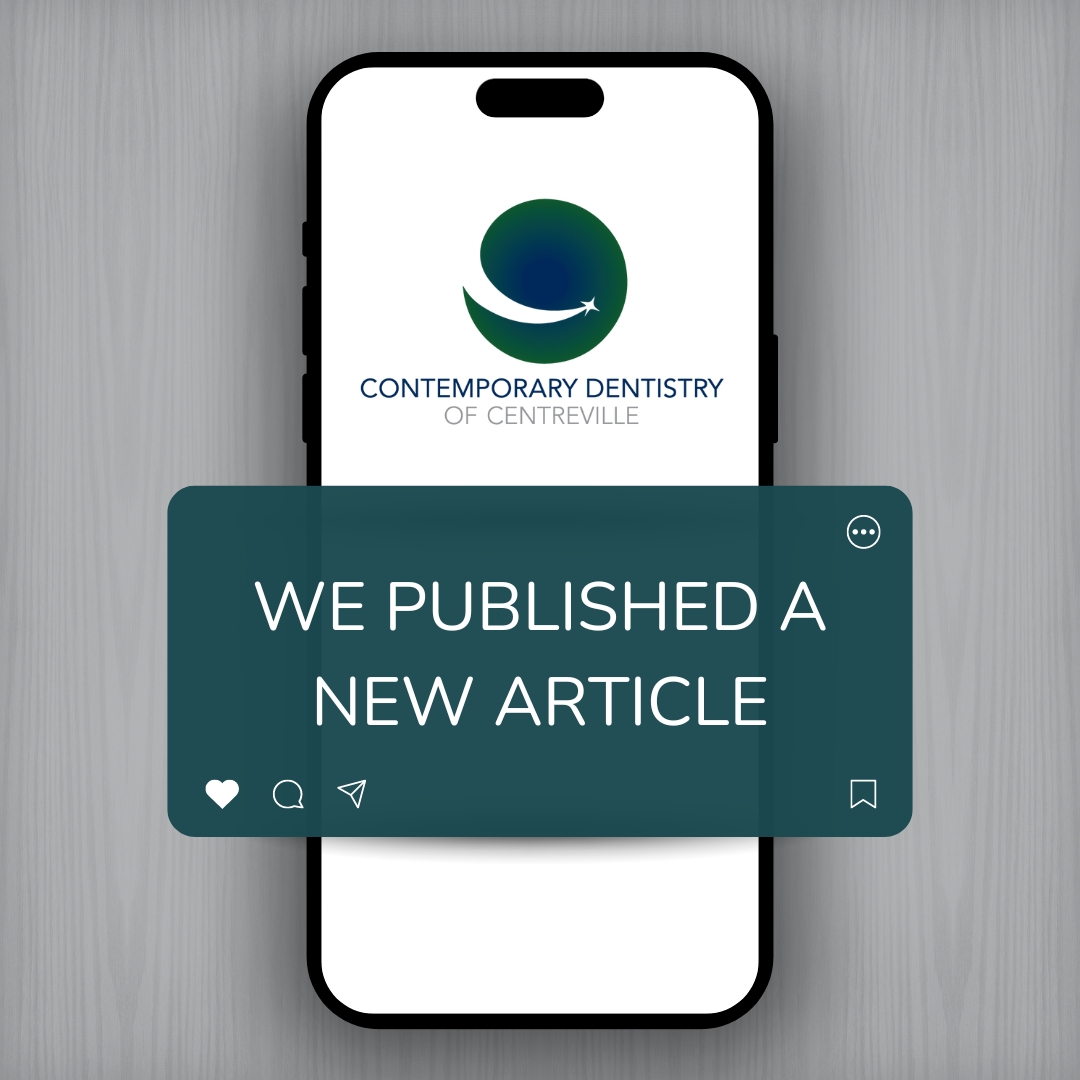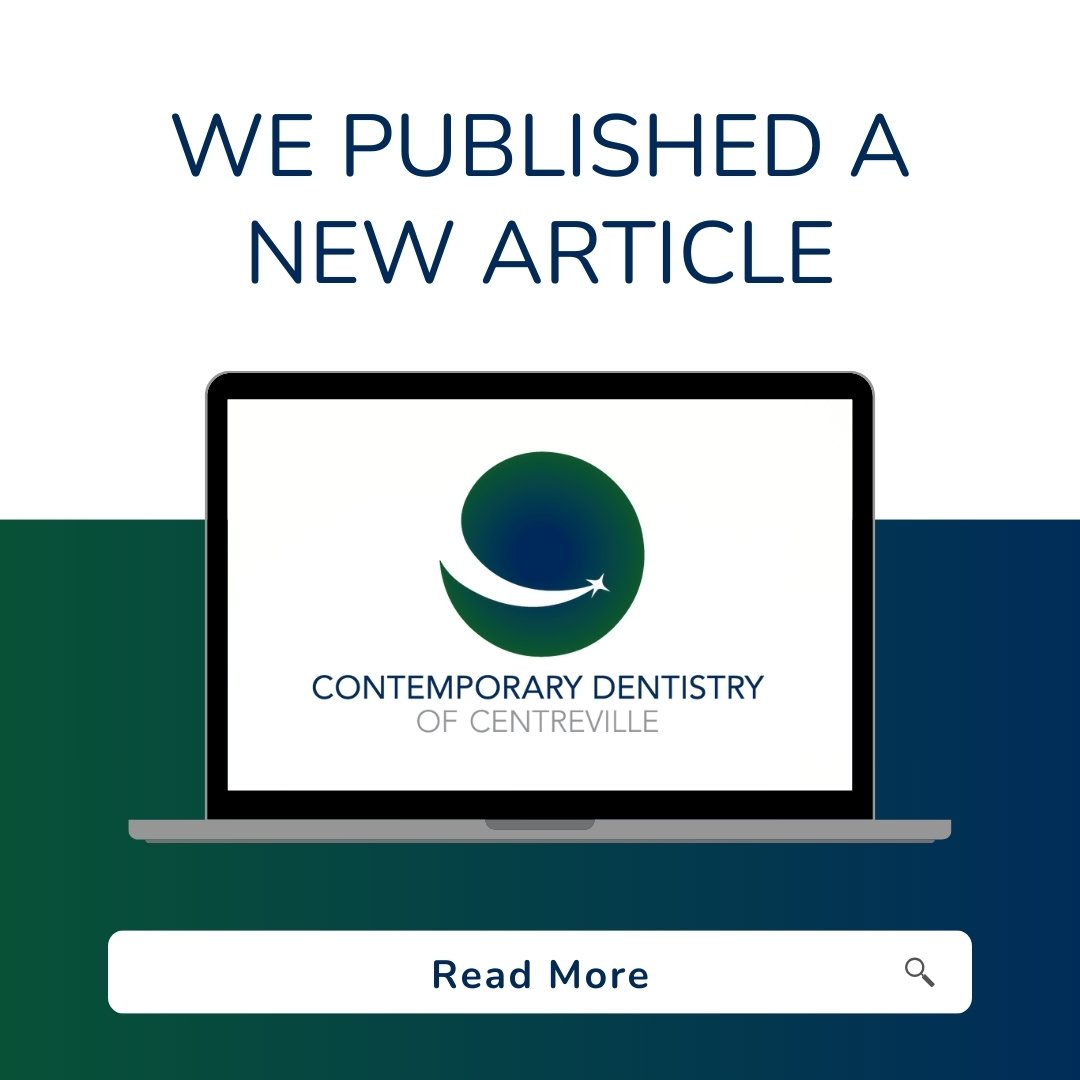
WANT TO KNOW what our patients have been asking us? Here are the top five frequently asked questions we get at our practice!
#1: “How often do I actually need to visit the dentist?”
For most people, twice a year. Even if you do have perfect oral hygiene, plaque and tartar buildup are inevitable. With a professional cleaning every six months, your teeth will stay clean and healthy. We can also catch problems early at your biannual appointments, often saving you time, pain and money!
If your dentist wants you to come in more than twice a year, it may be because you have gum disease, are pregnant, or smoke, among other things. How often you need to make a dental visit is based on the health of your gums as well as how committed you are to a good oral hygiene program.
#2: “My tooth doesn’t hurt so I why do I need a filling?”
A cavity forms when bacteria in plaque produce acids that eat away at your tooth. It will usually not hurt at the beginning stages since it is only harming the protective outer layer of the tooth called the enamel. If a cavity is left untreated, the decay will reach the inner layers of the tooth, finally causing pain and sensitivity.
Most dental problems don’t have any symptoms until they reach a more advanced stage. That’s why it’s important for you to come in every six months–we can catch problems before you even begin feeling them!
#3: “What can I do about tooth sensitivity?”
Start by using desensitizing toothpastes, which are specially formulated to soothe the nerve endings in the tooth and reduce pain. You can also help by limiting acidic foods and drinks which eat away at your tooth enamel over time, causing sensitivity. In addition, don’t brush too aggressively. This can cause gum recession, which is a frequent cause of sensitive teeth. If these steps do not help, come in to see us! There are other in-office treatments we can provide to reduce sensitivity.
#4: “Why are my teeth getting more yellow?”
A darkening or yellowing of the teeth is inevitable over time, as this occurs naturally with age. However, trauma and certain lifestyle behaviors can contribute to tooth discoloration. The most common culprits for surface stains are cigarettes, wine, coffee, tea, cola, sports drinks, berries, hard candy and tomato sauce. If your smile has lost its sparkle, talk to us about the whitening options we provide in our office!
#5: “Should I be using an electric or manual toothbrush?”
While an electric toothbrush can help patients with limited dexterity ensure a better cleaning, a manual toothbrush, if used for the appropriate amount of time and done with proper technique, can perform just as well as a powered toothbrush. Certain features may attract you to an electric toothbrush, however, such as the ability to gauge pressure or a built-in timer.
We’re also often asked about wisdom teeth! Check out the video below to learn more:
We Love It When Our Patients Ask Questions!
The more educated you are about your teeth and mouth, the better you will feel about going to the dentist and making decisions for your oral health. Have any more questions? Call us or come in today!




















